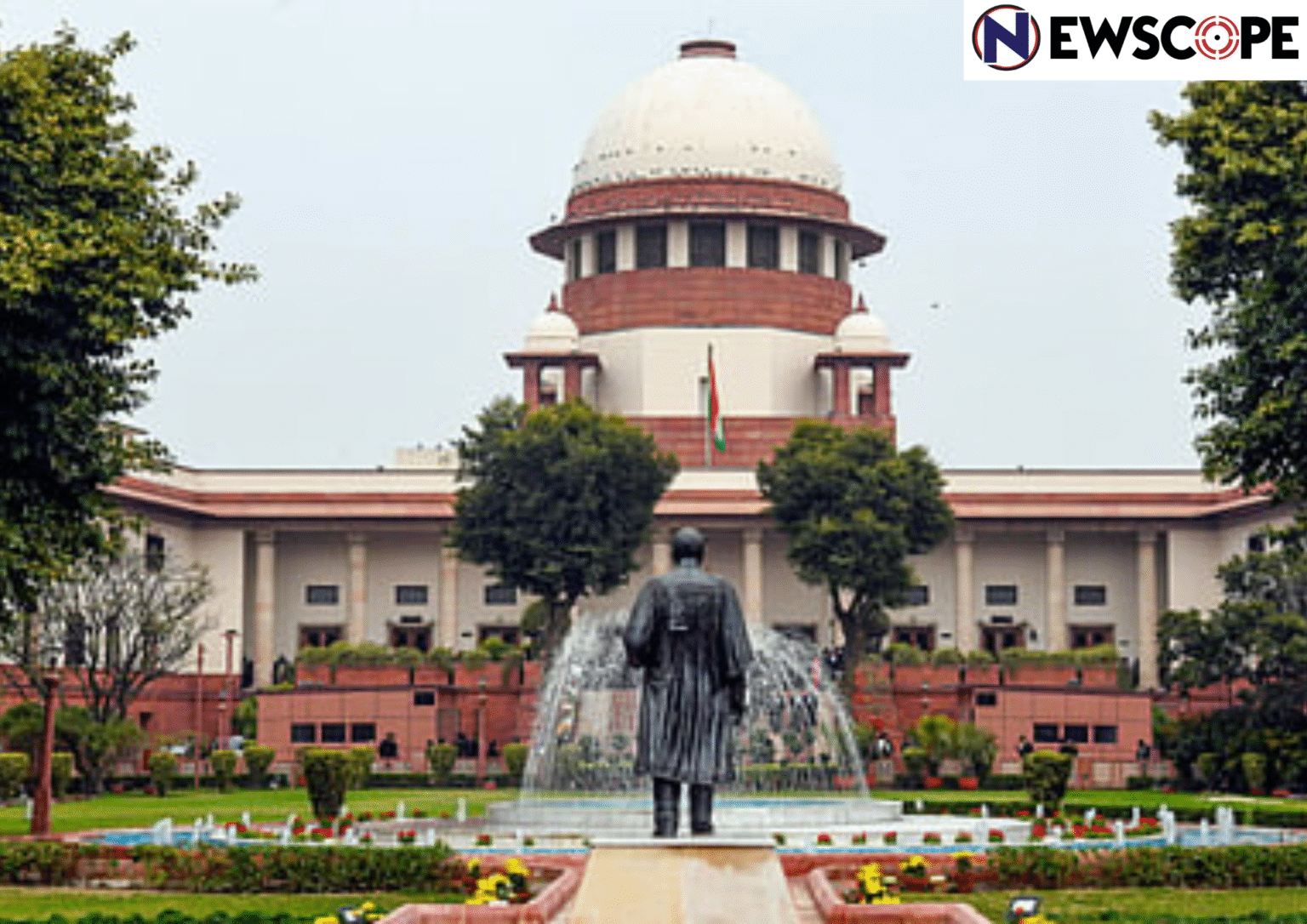The Supreme Court today issued notices to the Centre and all state governments on the issue of imposition of timelines on Governors and the President to act on Bills in the absence of a constitutionally-prescribed time limit.
After the Supreme Court made a decision about some laws in Tamil Nadu, President Droupadi Murmu, in May this year, asked the Supreme Court for its advice. She wants to know what choices a Governor and the President have under specific parts of the Constitution (Articles 200 and 201) when a new law is sent to them to approve.
Earlier in April 2025, the Supreme Court, using its special powers under Article 142 of the Constitution, and settled a disagreement between the Tamil Nadu government and its Governor, R.N. Ravi. The problem was that the Governor was taking too long to approve new laws that the state assembly had passed. The Court stepped in to resolve this delay.
The Supreme Court said that Governor Ravi’s decision to not approve 10 new laws in Tamil Nadu was wrong and unfair. The Court stated that if a new law is sent back by the Governor, and then the state assembly passes it again and sends it back to the Governor, the Governor cannot then send it to the President for a decision. The Court also set a three-month time limit for the President to act on those laws that the state assembly had passed a second time.
The judgment, basically brought Presidential actions under judicial review by favouring three-month deadline, promoting the President to make a reference under Article 143 of the Constitution.
Article 143 provides that the President may invoke the advisory jurisdiction of the Supreme Court on matters of public importance or constitutional interpretation.



